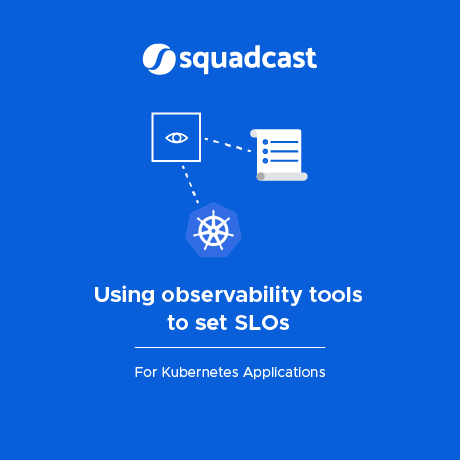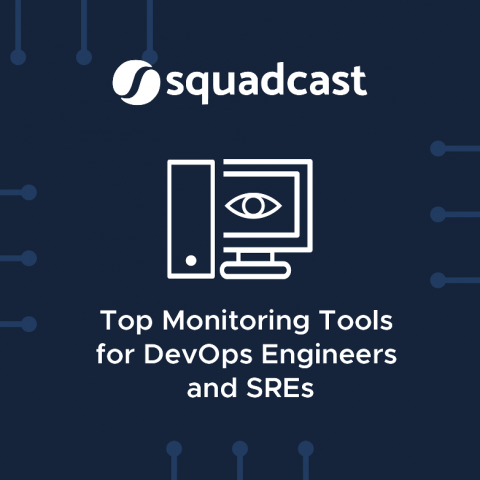Using observability tools to set SLOs for Kubernetes Applications
You deployed a service to your Kubernetes cluster. How do you it is working as expected? In this blog, Gigi Sayfan, author of “Mastering Kubernetes” talks about Kubernetes observability tools like Prometheus, Grafana and Jaeger, how to utilize them to set proper SLOs and make sure the service meets its objectives.











